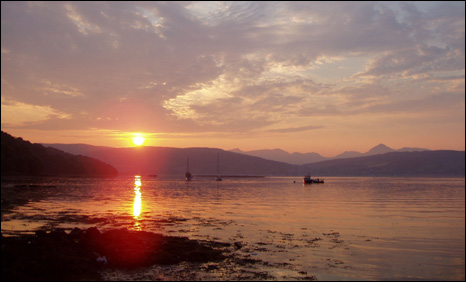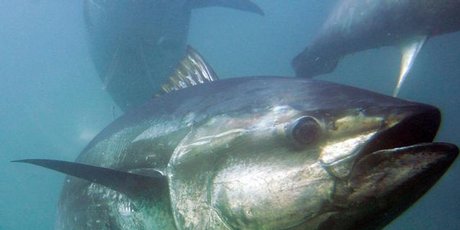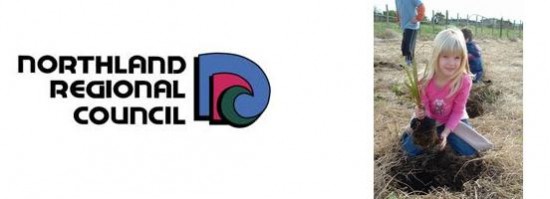A Scottish marine reserve set up off the Isle of Arran in 2008 is already flourishing with wildlife and commercially-valuable scallops, according to researchers.
The small area of seabed in Lamlash Bay became the first protected site of its kind in Scotland.
A study by York University and a local seabed trust has found significantly more juvenile scallops inside the reserve than outside.
And there were also high levels of kelp and other marine life.
The 2.7sq km (1sq mile) area, representing about a third of Lamlash Bay, is conserved from any fishing and other potentially damaging activities.
The Community of Arran Seabed Trust (Coast), which was formed to improve protection of marine life around the islands, said they were delighted at the findings.
Coast chairman Howard Wood said studies had shown "a lot more" juvenile scallops in specific areas of the reserve, which boded well for the future.
"What we are delighted in is there have been closed reserves like this throughout the world, including the Isle of Man and the United States, but I don't think there has ever been such evidence of improvement in less than two years," he said.
Mr Wood added: "I am very confident that within two or three years we will see even better results."
The trust said that as scallop stocks built up, they could start to breed at higher levels and provide stock for surrounding fishing grounds.
The community marine reserve was set up in an attempt to strike a balance between fishing and marine conservation.
A complete fishing ban was put in place to help protect local fish and shellfish populations and maerl seaweed beds.
Commercial fishermen in the area later also added their support.







